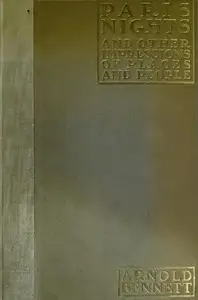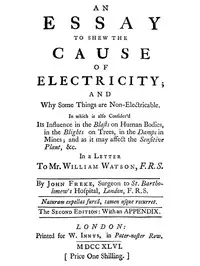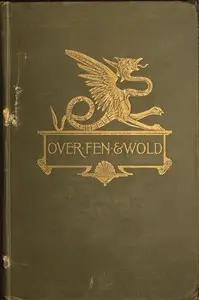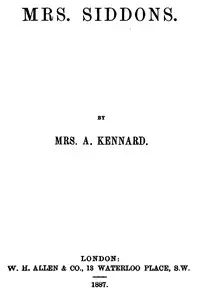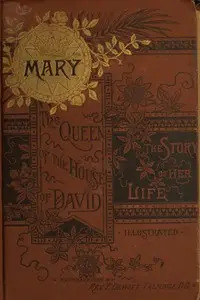"The Woman Who Toils" by Mrs. John Van Vorst and Marie Van Vorst is a social commentary written in the early 20th century. This work is a detailed account of the experiences of two educated women who take on factory jobs in order to better understand the lives of working women of their time. Their aim is to highlight the struggles, hopes, and aspirations of the female labor force, challenging the perceptions of poverty and class from the perspective of those who toil in the factories. At the start of the narrative, the author introduces her motivation for diving into the world of factory labor, expressing a desire to truly understand the lives of working-class women rather than relying on secondhand accounts from financiers or philanthropists. She describes the grim realities of factory life, beginning her journey in Pittsburg, where she transforms herself into a working-class woman and experiences the harsh conditions firsthand. As she encounters various challenges, from finding a job in a pickle factory to navigating life in a boarding house, she recognizes the shared humanity and resilience in the struggles of her fellow workers, drawing poignant comparisons between their experiences and her own life of privilege. This opening portion effectively sets the tone for a stirring exploration of social issues surrounding labor, gender, and economic disparity in the early industrial age. (This is an automatically generated summary.)

The Woman Who Toils Being the Experiences of Two Gentlewomen as Factory Girls
By John Van Vorst
"The Woman Who Toils" by Mrs. John Van Vorst and Marie Van Vorst is a social commentary written in the early 20th century. This work is a detailed acc...
Genres
Released
2005-03-01
Formats
epub
mobi
mobi (images)
epub (images)
epub3 (images)
Free Download
Overview
About the Author
Bessie Van Vorst, also known as Mrs. John Van Vorst, was an American author and journalist. She is best known as a co-author of the magazine series and the book The Woman Who Toils: Being the Experiences of Two Ladies as Factory Girls (1903) with a preface by US President Theodore Roosevelt, an influential example of social investigation. Her study of women and child labor in the mills of Alabama and New Hampshire helped stir reform sentiment.
Total Reviews
10.0k
Total reviews from Goodreads may change



